Why is the British government in such a mess?
Partygate suggests there is something wrong, if not actually rotten, in the way Britain is governed. It’s time we tried to figure it out and fix it, suggests Mary Dejevsky

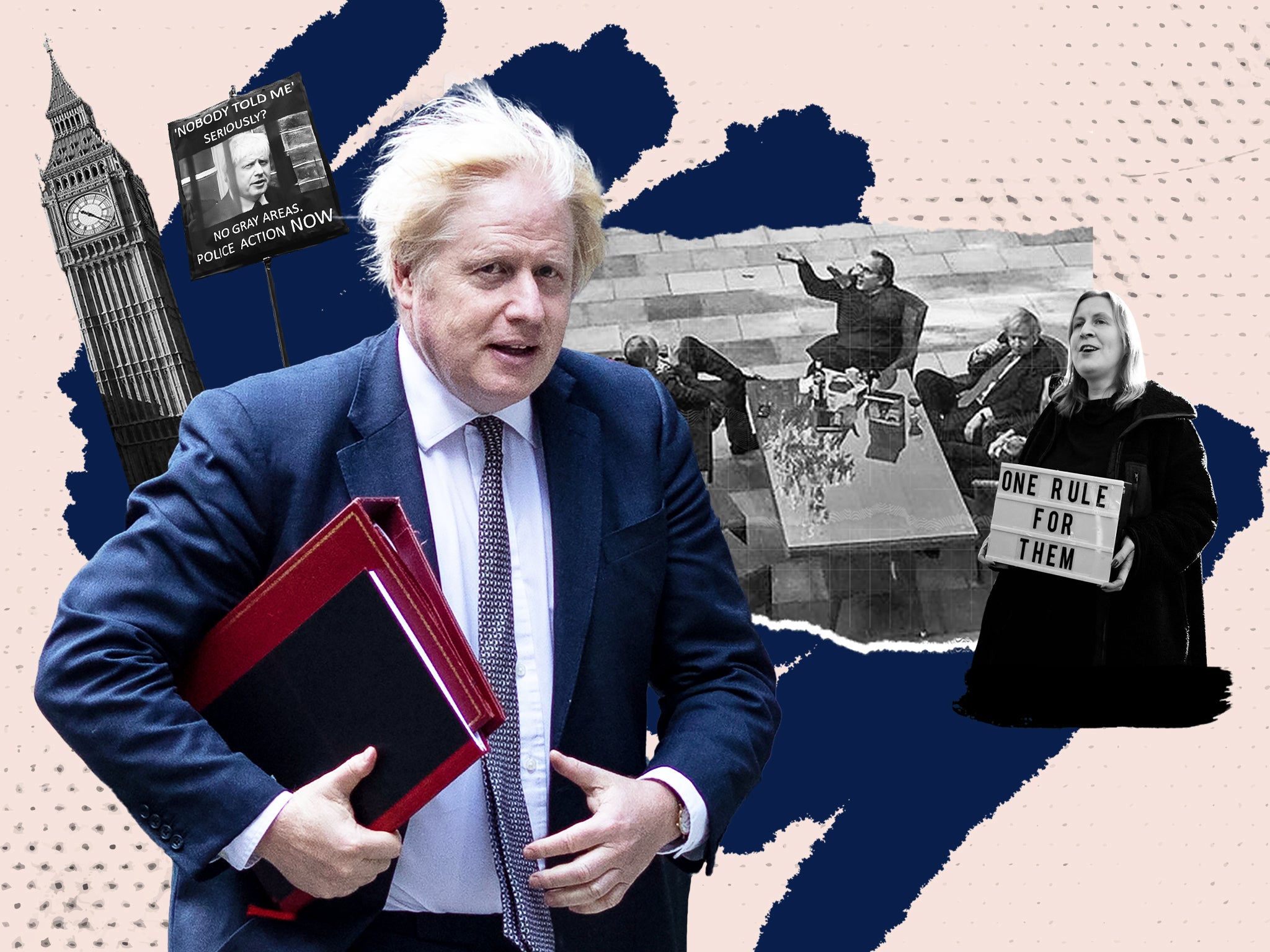
Not for the first time, the goings-on behind a familiar black door have been prompting amazement, disgust and ridicule in almost equal measure. Every nation, it might be said, gets not only the government it deserves – but the scandals it deserves, too.
Boris Johnson was made for Partygate – and vice versa – which is why the shenanigans at No 10 have remained in the headlines for so long, not just in the UK but abroad. It is also why they have prompted an inquiry, and why, whatever the findings, they are so damaging – not just to him personally, but to the government, and to the Conservative – er – party.
But could it be too easy to blame this prime minister, whose well-known personal foibles resemble all too closely the illicit fun being had so routinely at No 10? After all, parties were held, it has been admitted, in other departments of government. The head of the civil service, for heaven’s sake, held one in his office, which is why he had to be replaced as the person deputed to conduct the inquiry. In short, how far was this entirely a matter of the wrong tone being set from the top by one prime minister, and how far might it rather reflect a wider and deeper malaise in the system – in the way the UK is governed?
Look across at the continent, for instance, and there has been nothing whatever akin to Partygate, even in the countries that might admit to being on the more fun-loving end of the international spectrum. The closest has been the French education minister announcing a mask mandate from his honeymoon in Ibiza, but no rules were broken, and that is quite a minor one-off.
The striking aspect of Partygate, aside from the fact of the parties, is that most of those involved seem not to have realised how their activities would look to ordinary, largely law-abiding people, and how this might undermine the government’s central message on the pandemic. Or, if they did, not one of them was apparently concerned enough to make the rule-breaking public at the time.
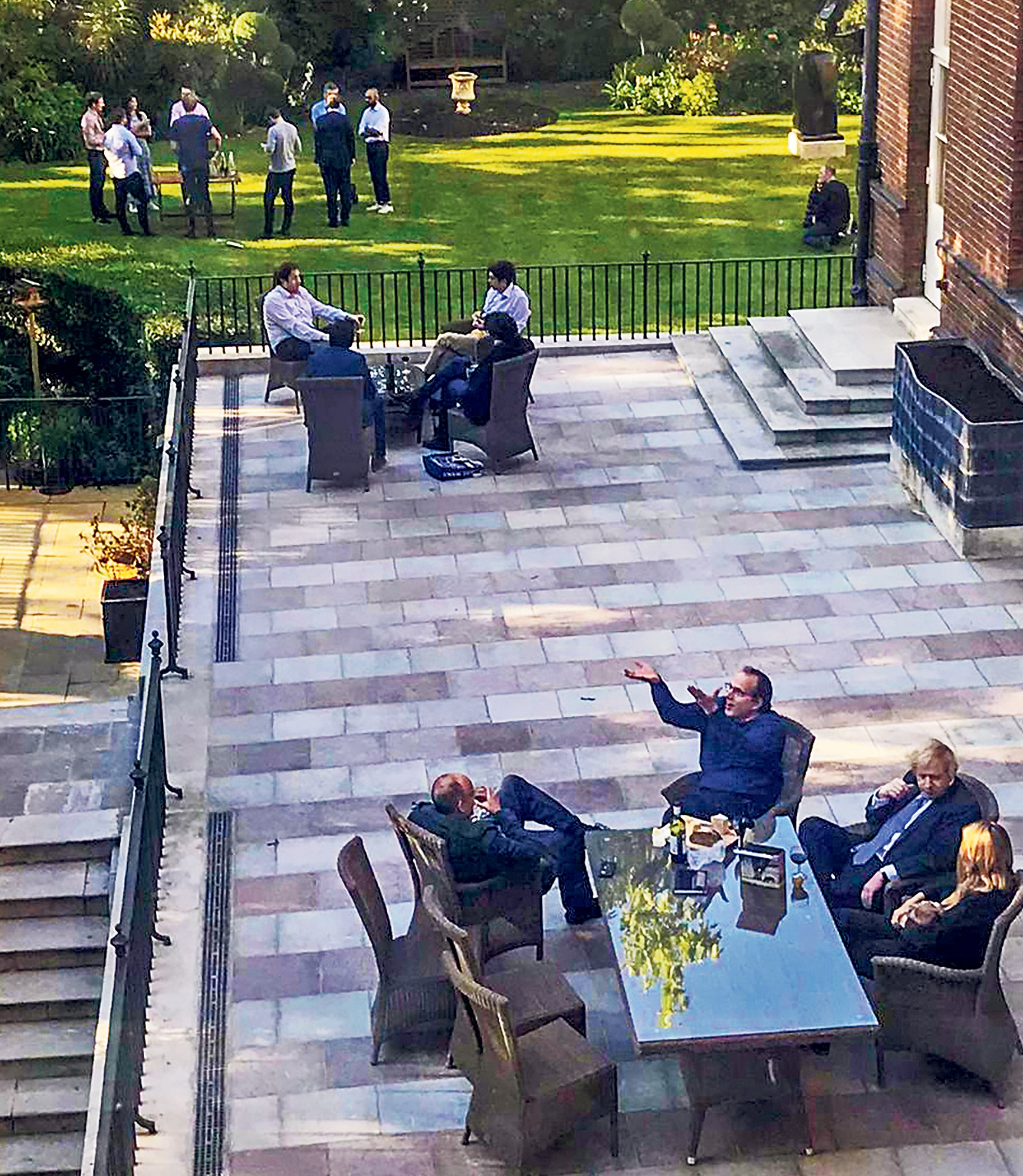
Whatever the longer-term consequences – which, as of now, could span the whole gamut from some gentle knuckle-rapping to the fall of a prime minister – Partygate strongly suggests that there is something wrong, if not actually rotten, in the way Britain is governed, and that it is high time we tried to divine what that might be and how to remedy it.
As it happens, two recent books offer, in their quite different ways, a host of insights into the British ways of doing government – and, mostly by inference, a glimpse of how things could be different. The first, which was widely reviewed when it first appeared last year, is Suzanne Heywood’s account of her late husband’s rise to become head of the UK civil service, and how he handled one of the most powerful positions in the country before his premature death from cancer in 2018.
Based on conversations with her husband in his last months, his personal papers, and interviews with his former colleagues, ministers and politicians, What does Jeremy Think? Jeremy Heywood and the Making of Modern Britain is a quintessential insider view. As such, it takes a whole host of assumptions as read – such as the high-calibre and impeccable probity of the UK’s senior civil servants – that are all the more telling for almost never being challenged, either in Heywood’s account or in real life.
From abroad, as I found when working in the United States, the UK is often seen as approaching the business of government with a certain flippancy
The other is Michel Barnier’s memoir of his time as the EU’s chief negotiator for Brexit – My Secret Brexit Diary: A Glorious Illusion – in which he reveals truths that should be uncomfortable for the UK about how the state and its systems work (or don’t).
It is the view of a generally well-disposed, if at times perplexed and frustrated, outsider. Barnier’s memoir received perhaps less attention in the UK than it might have done; remarks were made about a certain disjointedness in the narrative, and its diary format making it difficult to read. Those same criticisms, however, might also reflect a British tendency to be dismissive of foreigners’ views of us – especially, dare I say, if they those foreigners are French.
But what also emerges loud and clear is that, for all their differences of perspective, they concur to a large extent on what constitute the peculiarities of the British way of governance. Where they disagree is about how far those peculiarities might be a good or a bad thing. Here are a few of the conclusions that might be drawn.

Qualifications/training
One of the ways in which the UK stands out is in the preparation its public servants receive. Compared with Europe, and especially France, the UK’s most senior civil servants are generally seen as qualified by virtue of their intellect and potential rather than by paper qualifications or specific expertise. Entry depends on a decent, but usually unrelated, degree from a good university, plus a creditable performance in recruitment tests – tests which, it could be argued, have the effect of replicating the existing mould, rather than looking to change anything or even move with the times.
Great efforts have been made in recent years to widen access, and to drop the preference for graduates from the ancient universities. But the fact is that there is no requirement for civil servants to have any formal qualification in administrative skills, or to have acquired any experience of administration or management at the grassroots level. Their work often glides above the effect the policies they are implementing have on the ground.
In so far as civil servants are formally trained, it is through a mixture of internal courses and choosing (and being chosen) to take an external qualification, such as an MBA. There remains a dearth of science and technology specialists in the mainstream of the senior civil service, which shows up from time to time in outright mistakes (such as the west coast main line rail franchise) and was highlighted during the early stages of the pandemic when – as the Commons committee later assessed – there was almost no one in government, either minister or civil servant, equipped to challenge the scientists working for Sage (the Scientific Advisory Group for Emergencies) and other committees.
Aside from formal methods, civil servants generally receive training on the job, or by virtue of being essentially “apprenticed” to a minister in their early years in the service. Jeremy Heywood offers a classic case study. He attended an independent school and obtained a first-class degree in history and economics at Oxford. The only difference between him and most of his peers was that he arrived with a master’s degree in economics – in addition to his first degree – and joined the civil service as an economist, rather than a fast-track generalist.
But he was soon able to switch streams and ascend through the ranks, thanks to his personability, the accident of being in some rather important places at times of crisis and keeping calm (the Treasury during the UK’s forced exit from the ERM, for instance), and a capacity for getting things done – or at least, a mastery of the sort of drafting that gives the appearance of getting things done.
He did a stint at Harvard Business School (at UK public expense), and spent four years mid-career out of the service, at the UK investment-banking arm of Morgan Stanley, a job he seems to have landed through connections and a reputation as a civil service high-flyer rather than any particular expertise. He then returned to the safer, if less generously remunerated, world of the civil service. He was installed as cabinet secretary under David Cameron in 2012, and became head of the civil service in 2014.
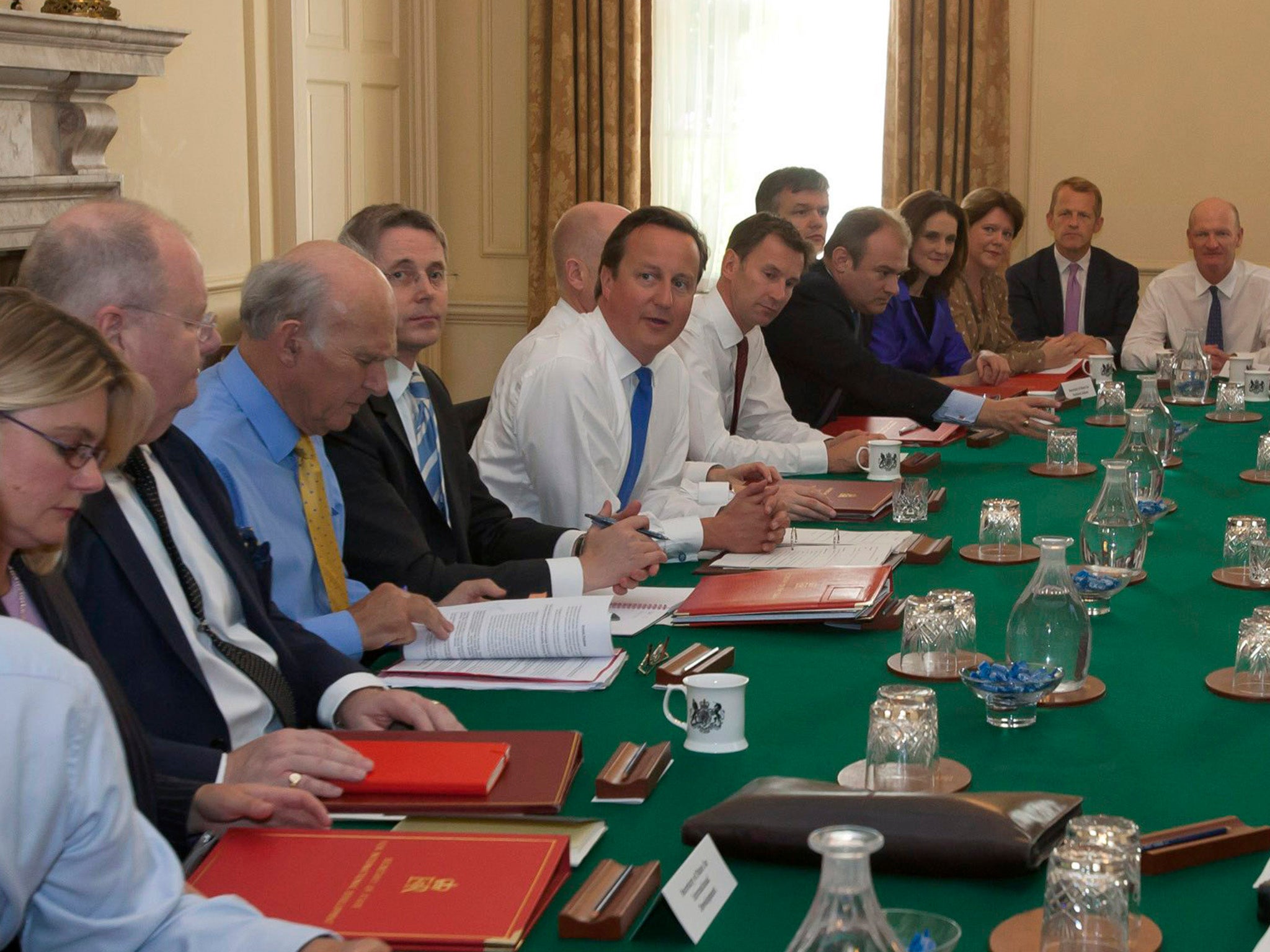
This sort of career path is unlike what would happen in much of western Europe. Even in France, for instance, where the main recruitment ground for top civil servants is the elite institution of the grandes ecoles, a formal qualification in administration is expected. This is followed by a spell of relatively lowly work in the regions, or as a junior staff member to a politician.
Barnier comes from just such a background, graduating from the ESCP Business School (Ecole Superieure de Commerce de Paris), and then taking the political route, in line with the Gaullist allegiances of his family. His career alternated between ministerial office, advisory posts, and two stints as a European commissioner, which became the springboard for his appointment as the EU’s chief Brexit negotiator.
Whatever may be said about Barnier – and as France’s Europe minister in the mid-1990s, he was sometimes dismissed as a lightweight – it is hard to argue that he was not well prepared and well qualified for the jobs he did, especially in later life. A high-flying UK civil servant typically follows a succession of ever-changing portfolios – each at a higher grade than the last, but not necessarily reflecting expertise gained from the position before. The worlds of politics and the civil service are also kept strictly apart.
Ways of working
Not unrelated to the different approaches to qualifications and career paths in the UK and many other countries are the different ways in which the government actually works. From abroad, as I found when working in the United States, the UK is often seen as approaching the business of government with a certain flippancy; a smidgeon of disrespect towards hierarchy, in public at least. In private, of course, it is another matter, where career progression may be pursued with a ruthlessness second to none. Suzanne Heywood affords just a glimpse of the care Jeremy applied to guarding his status vis-a-vis others, and the single-mindedness with which he pursued the top job.
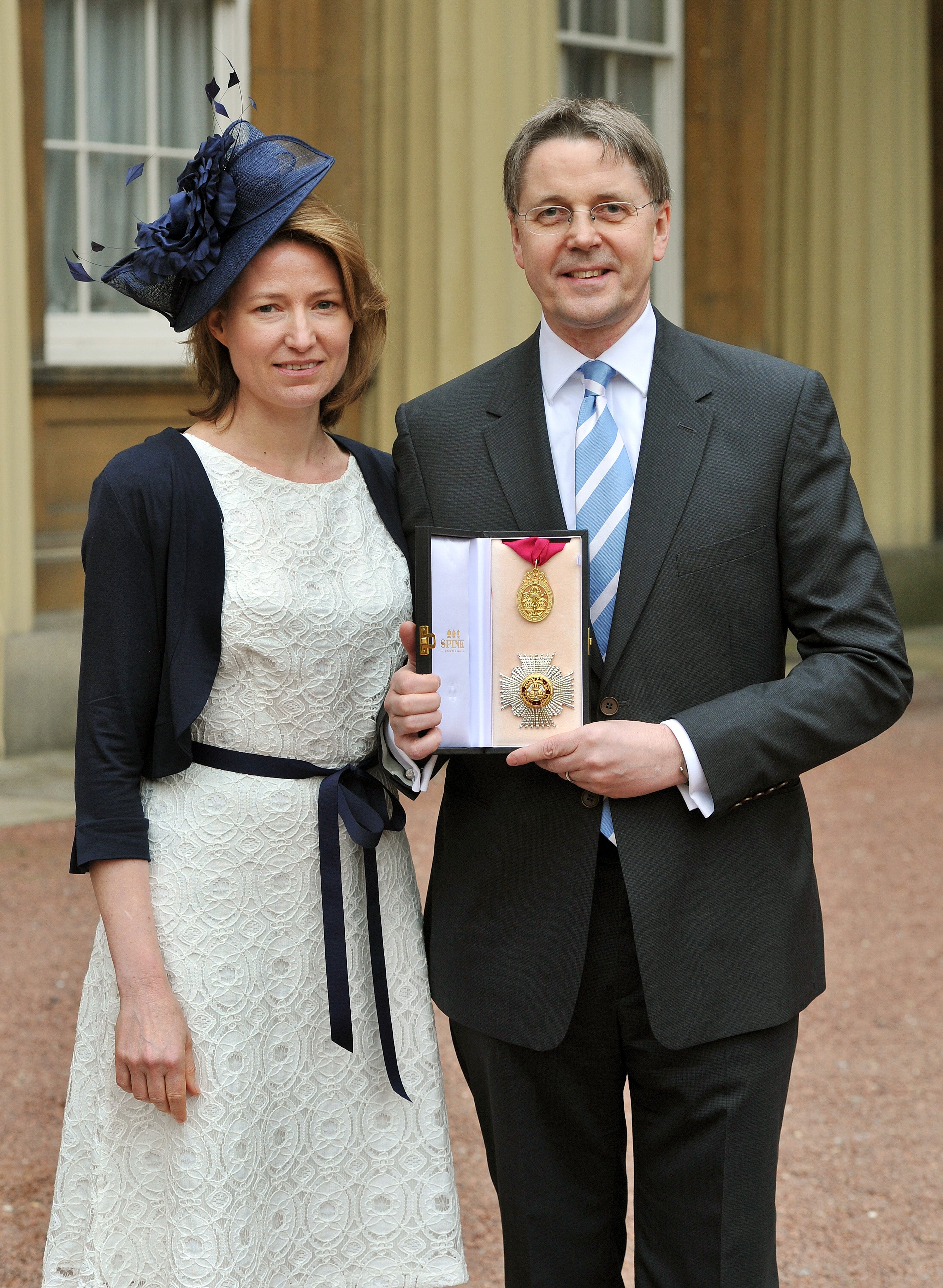
Elsewhere, it is more usually the other way round. The public face is one of seriousness, with any flippancy reserved for the private sphere. In the US, but in many European countries as well, the institutions of state are the object of what might seem to many Britons as exaggerated respect.
Something similar might be said of professionalism. Britons may try to wear their expertise lightly. This can be misjudged abroad, where the appearance, as well as the substance, of professionalism is expected. But it has also to be said that there are times when UK officials may not be, in the view of their foreign counterparts, up to scratch.
Barnier was clearly driven to distraction by what he saw as the unprofessionalism and low-level expertise on the part of some he was dealing with on the British side. He is unsparing in his observations about their casual approach to punctuality, as well as their lack of preparation for (and attention to) the task in hand. This seems to be graphically illustrated in the description of the opening round of Brexit talks, where everyone in the EU team turns up with neat folders, while the British team across the table has none.
Through the whole Brexit process, there are only two people for whom Barnier develops any real respect. One is Theresa May, who he says always did her homework and came well prepared, but was placed in an impossible position. The other is her chief Brexit adviser and former chief civil servant at the Brexit department, Sir Oliver (Olly) Robbins. Robbins, he says, has “the calibre of great British high officials”. He goes on: “Robbins understands better than others the consequences of Brexit and he seeks to limit its negative effects.” Of course, these were also the qualities that made Robbins suspect in the view of Brexiteers.
Brexit threw up many constitutional conundrums but there were no tools, such as a constitutional court, to decide them
Also worth noting might be the fact that Robbins’s intellectual interests lie in French social theory, giving him perhaps an insight – lamentably missing from the UK negotiating team – into French and continental ways of thinking. Dominic Raab, on the other hand, is dismissed as lacking “nuance”; there was clearly no meeting of minds here. The UK might have done well to think harder about appointing negotiators with a better understanding of the other side.
It was not just the people Barnier found difficult, though, but what he saw as the UK side’s lack of predictability, and the apparent absence of either a system or a plan. Systems are the very essence of operating in many continental countries, including France, and are taken to a whole new level in Brussels – which is, of course, what some supporters of Brexit were trying to escape.
Barnier finds it hard to handle the lack of formal briefings on the UK side, the lack of systematised information, and the frequent changes of cast. The UK chief negotiator changed three times in almost as many years. Barnier, in contrast, stayed at the EU negotiating helm throughout, and on the rare occasions when changes were needed in his team, continuity was carefully ensured.

To be sure, over-reliance on systems can have a stultifying effect, to the point that form supersedes substance and creativity dies. Flexibility, informality, and what is often hailed abroad as a uniquely British can-do approach to solving problems can be assets in government. But the extent to which – in Barnier’s and Heywood’s accounts – the UK has a tendency to let things roll along in the confident expectation that a last-minute rabbit will spring from the hat can entail more of a gamble than European (and American) negotiators might like. The British also appear not to understand how deep the European suspicion of “perfidious Albion” runs, and how often our negotiating tactics seem to reinforce that cliche.
Barnier might also have been struck by the speed with which, on the UK side, the personal becomes political and vice versa. Reading his memoir, I was struck by the relative formality and discipline that prevailed in the Barnier team, with work, family and pleasure well defined. The Downing Street parties (yes, those parties again) show how far the opposite may be true in the UK. The cosiness of government, politics and media today may have raised incestuousness to new heights, but that intermingling – more characteristic of a small country with a small elite – is not unique to the Johnson period.
Heywood’s account offers hints of the extent to which work and play may be fused in the UK, but also of the role played by personal contacts in recruitment and promotions. In the private sector, this may be how things have been done since whenever. But is it such a good thing in the public sector – and in the most senior appointments in the civil service?
What also emerges from Heywood’s book is a quite glaring sense of entitlement on the part of the elite, which includes the senior civil service quite as much as the government
What also emerges from Heywood’s book is a quite glaring sense of entitlement on the part of the elite, which includes the senior civil service quite as much as the government. If you wonder how the then foreign secretary, Dominic Raab, stayed on holiday as Kabul fell; or the head of the Foreign Office, Sir Philip Barton, stayed on holiday even longer; or how most top officials seemed to be on holiday at the same time – well, I suggest you read What would Jeremy think? My guess is that he would have thought it entirely fine, at least until it was pointed out to him how it looked to others.
Heywood chronicles a life that included multiple foreign holidays a year, quite a few to long-haul and exotic destinations, and considerable annoyance on the rare occasions that duty called to disrupt well-laid plans. There is scant recognition that this might not be how the rest of the country lives.
The same might apply to her apparent assumption that their lifestyle was unexceptional; that job security, regular salary rises and adequate pensions are for all. Even when Jeremy ventures off into the private sector – banking – he can safely assume a return to the civil service when and if he wants it. This is not an experience of the private sector that most people would recognise.

Then – and I know, given his grave illness, that this might seem callous – there is his private healthcare. But I did balk at the part where Heywood writes: “After a blue-light ride and several hours in St George’s crowded A&E department, Jeremy’s ... driver swooped in at midnight to drive us back up to our usual hospital ... where I knew Jeremy would be more comfortable.” Well, yes, but I wonder about the prospects for the NHS ever being improved for everyone, if the Jeremys of this world can escape to their “usual hospital”.
I also wonder about the wisdom, from the country’s point of view, of the admirably compassionate approach taken by Theresa May to Heywood’s last illness, in reassuring him that he should do as much as he could, but no more, while he was seriously ill. The parliamentary crisis over Brexit was at its height. Having the top civil servant advising the government from his hospital bed, and a deputy, however competent, standing in when needed, does not seem like an optimal situation. A deputy remains a deputy, with the shadow of his superior behind him, especially in a system so conscious of hierarchy as the civil service.
Constitution
Which leads on, in a way, to a further big difference between the UK system of government and many others – our unwritten, and thus more flexible, constitution. May was able to take this sort of personalised approach to what was, in essence, a national crisis, without any reference to a rulebook. I remember covering the “tied election” of 2000 in the US, and marvelling at how well the provisions of an 18th-century constitution stood up to this extreme situation 200 years on. Without such a document, the UK may seem at times to be “muddling through” and creating precedents on the hoof. Flexibility may have something to recommend it, but how far does it reinforce the rule of law?

Brexit threw up many constitutional conundrums, but there were no tools, such as a constitutional court, to decide them. The long-running tussle between parliament and the prime minister demonstrated that the UK system under stress does not always work. There is also the question of the separation of powers. In the UK, ministers are at once members of the legislature and the executive – bodies that are deliberately separate in many countries. Barnier, for instance, moved between the legislature and the executive, but could not simultaneously be part of both.
The crossover between the executive and the legislature is something that Barnier finds profoundly unsatisfactory about the UK system. The prime minister may give an undertaking, but the decision may then (but not always) have to go before parliament, which may then result in lengthy to-ing and fro-ing that ultimately, in the Brexit case, involved the Supreme Court. Relations between what in the US are three clear arms of power are unhelpfully muddled in the UK.
The UK’s casual approach to the letter of the law as it relates to government, and its careless, at times frivolous, approach to institutions, would be seen as heresy in the US, and impermissible in many parts of Europe
France has examples of governments being stymied and even falling: the Juppe government of 1995-97, in which Barnier served, is a case in point. But when a government or a grouping such as the EU deals with another government, the word of the president or prime minister stands. The idea that a UK prime minister was not in a position to honour his or her word looks to the other signatory as a fundamental breach of trust.
Boris Johnson set out to end all that, first with a ruthless purge of Conservative Remainers, then with a resounding (and surprise) election victory. The negotiating process thus became simpler – or it would have done, if Johnson had not then treated what Barnier and his team regarded as solemn treaty commitments as half-promises that could be taken or left. A written constitution might not have solved everything, but it could have gone some way towards clarifying the implications of signing on the dotted line.
A sense of place and history
Finally, it might be worth adding some thoughts about our sense of place and history. Barnier has something that many, though not all, European elites keep, and many members of the UK elite lose: a connection with where they came from. Barnier’s memoir is peppered with references to his love of, and loyalty to, his home region of Savoie. He returns there to recharge his batteries. Something of the Alps runs in his veins.
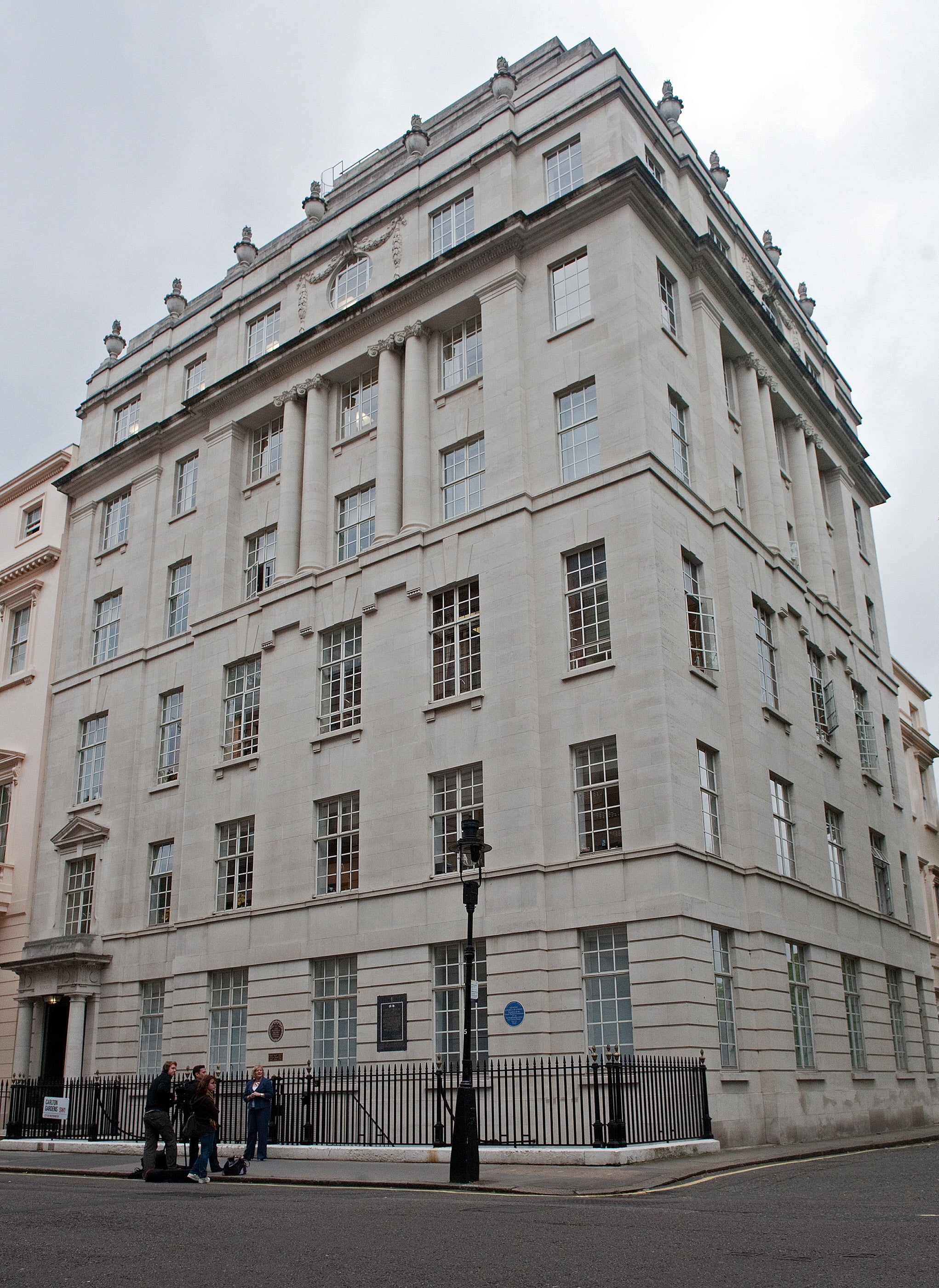
The Heywoods – and not just because of Suzanne’s peripatetic childhood and the couple’s later globetrotting – come across as prime examples of what the social commentator David Goodhart calls the “anywheres”, and Theresa May memorably called “citizens of nowhere”. The link between the governing elite and the people seems far weaker in the UK than in some other countries.
Something similar could be said about a sense of history – a sense that the UK elite often seems to lack, the only orientation point being the “glory days” of the Second World War. Barnier’s sense of recent history is all the keener for his professed Gaullism. This is how he came to be shown, during one of his later visits to London, the room at No 4 Carlton Gardens, where Charles de Gaulle set up “the modest offices of the Free French”. “It is with great emotion,” writes Barnier, “that we visit these rooms which, unfortunately, have not been preserved in their original state except for a large clock that was in the meeting room at the time.”
Now, you might reasonably ask why the UK should be so solicitous of a mere room in a grand house, once used by a foreign general in exile. A more pertinent question, however, might be why a place of such significance to our nearest neighbours was not valued as such – and how well its preservation might have served the UK in its often fractious relations with France.
A needlessly casual relationship with recent history can also be discerned in Heywood’s account of the civil service’s life and times. The flame of national memory – so ardently tended by many other nations – is not something that hugely detains the UK elite either side of Remembrance Sunday. Yet insufficient regard for history is what arguably led us into Afghanistan and Iraq, and gave rise to the Windrush scandal among others. A lack of care for historical memory in our institutions impairs decision-making in the present.
To sum up, anyone considering the future of Britain after Brexit from the perspective of how the country is run could do worse than spend a few hours considering what Heywood and Barnier have to say – and not just what they say, but what they don’t say, and the truths they reveal almost in passing about the UK’s strengths and its weaknesses.
Against the near cult of enlightened amateurism, the preoccupation with super-professional drafting and eleventh-hour negotiating ploys, it might be asked whether such – sometimes questionable – skills would be needed if the basics were more formalised and consistent, and underpinned by law in the form of a written constitution.
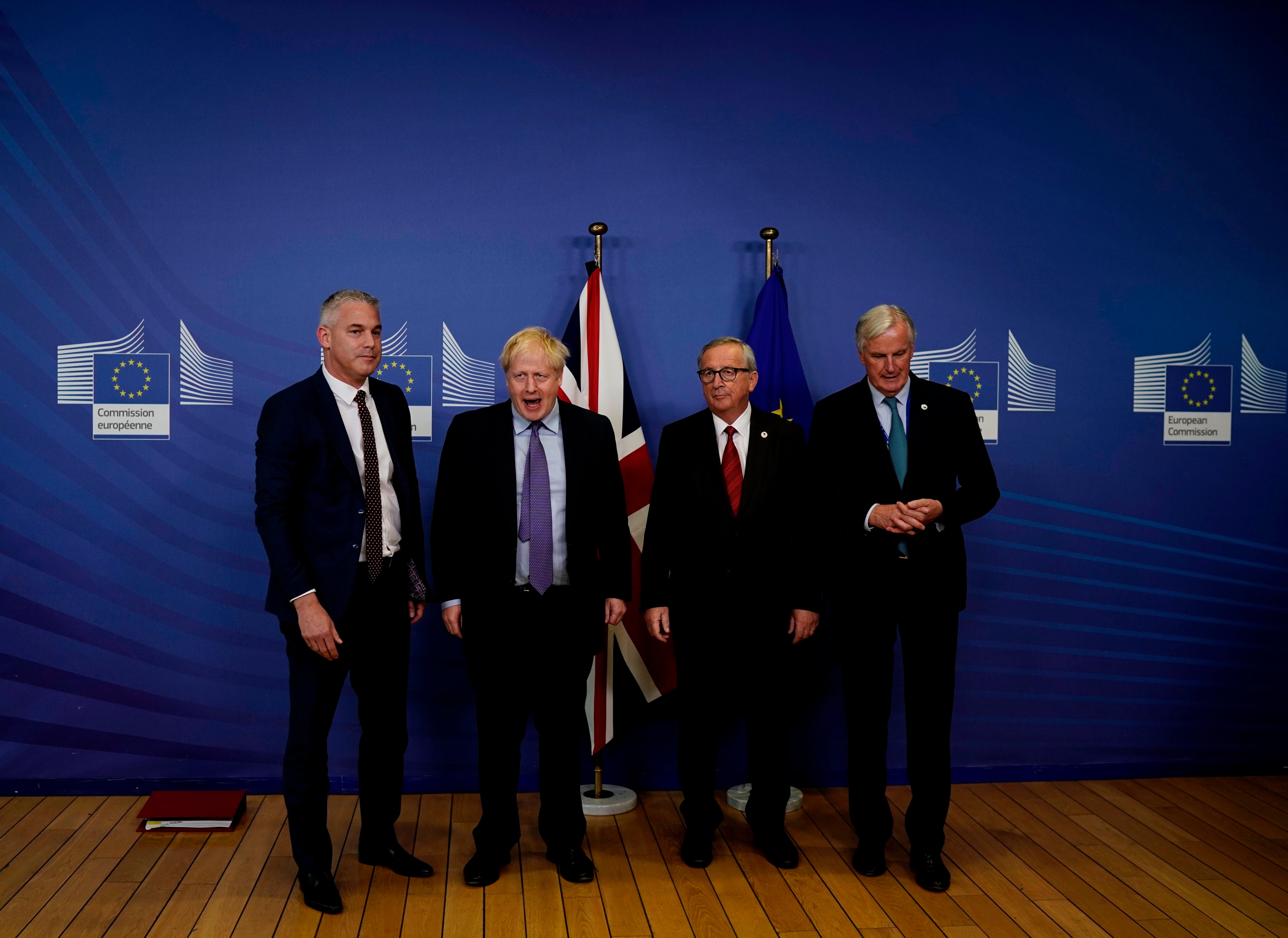
It is all very well to blame Johnson and his well-known personal flaws for the confusion and backsliding that continue over Brexit, as for the No 10 parties. But perhaps each might more accurately be seen as a result of the failings in the UK’s system of governance reaching their logical conclusion; as chickens coming home to roost. The UK’s casual approach to the letter of the law as it relates to government, and its careless, at times frivolous, approach to institutions, would be seen as heresy in the US, and impermissible in many parts of Europe.
To be sure, any changes in a European direction might lead to the devaluing of some of the UK’s strengths in terms of flexibility and practicality. But what Heywood and Barnier say, in their very different ways, is that a more formal, more consistent, more serious and more legalistic approach to government might serve the UK better than the dog’s dinner of statute, personal connections, blind eyes and patchy compliance that prevails today.
‘What does Jeremy Think? Jeremy Heywood and the Making of Modern Britain’ (William Collins, £25); ‘My Secret Brexit Diary: A Glorious Illusion’ (Polity, £25)




Join our commenting forum
Join thought-provoking conversations, follow other Independent readers and see their replies
Comments